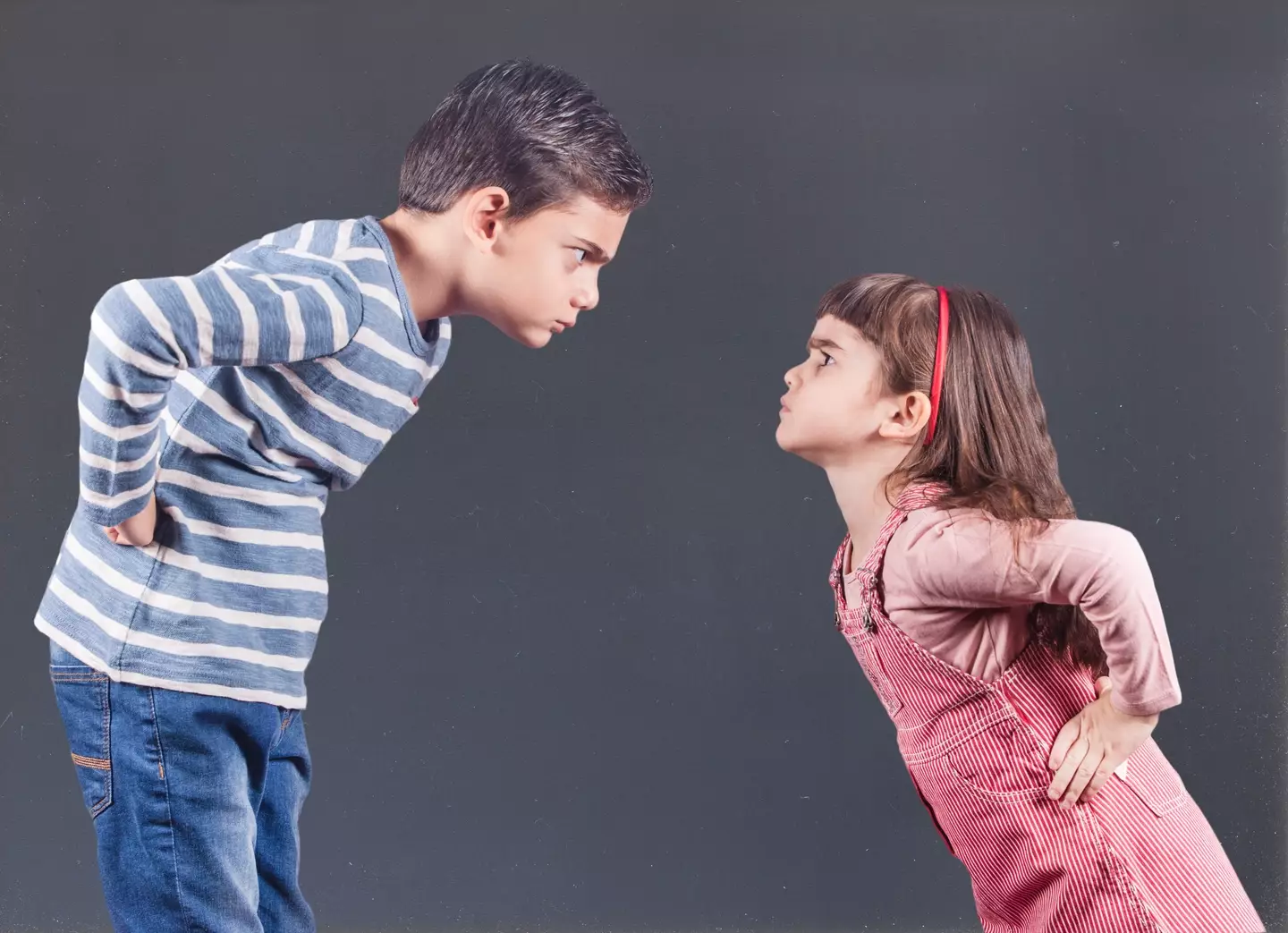New research has thrown a few spanners in the works when it comes to ideas around parents having favorite children.
Families come in all shapes, sizes and varieties but anyone with a brother or sister is well aware of the friendly (or in some cases unfriendly) rivalry between siblings.
This can often boil down to the argument over which child is favored more by their parents. Some believe that the firstborn is often the favorite, while others will insist that the youngest gets the easier ride and the middle... well, we all know about middle child energy.
But all jokes aside, a new study conducted by Brigham Young University (BYU) researchers in Utah has shed light on this ongoing debate.
Sibling rivalries are a phenomena as old as time (Getty Stock Image) The study - published in the journal Psychological Bulletin - gathered data from over 19,000 participants after conducting a meta-analysis of 30 studies and 14 databases.
It found that younger siblings generally receive more favorable treatment from parents, however, there were a lot more factors at play.
As well as this, older siblings are often granted more autonomy, and parents are less controlling towards them as they grow up.
Lead author and BYU School of Family Life professor Alex Jensen said: “It is helpful to take the findings from this study and be aware of the patterns that could be happening in your family.
“When parents are aware, they can make small adjustments that benefit everyone.”
Most interestingly, the study found parents tend to favor daughters slightly more than sons but this was only recognized by parents and not the children themselves.
Personality was also an interesting factor that played a role as the study indicated that children who are agreeable and responsible, regardless of birth order or gender, generally receive more favorable treatment.
Nothing like a fight to the bitter end to decide the favorite child (Getty Stock Image) Jenson explained that parents should consider slight shifts in their behavior to ensure a child doesn’t suffer an unfair upbringing as it can ultimately be detrimental to their overall wellbeing.
The expert added: “Most parents probably connect more easily with one child over another, whether that be due to personality, birth order, gender or other things like shared interests.
“Keep an eye out for things that seem unfair. Your children will let you know if they think something is unfair. Pay attention to them when they make that known.
“Either they are missing perspective and understanding, or you need to make some changes in your parenting. Make sure you are open to the latter.
“We’re not suggesting parents feel guilty; instead, parents can look at this research and use it as encouragement to look at places where they can improve, without going to extremes.”

 Gerrard Kaonga
Gerrard Kaonga
